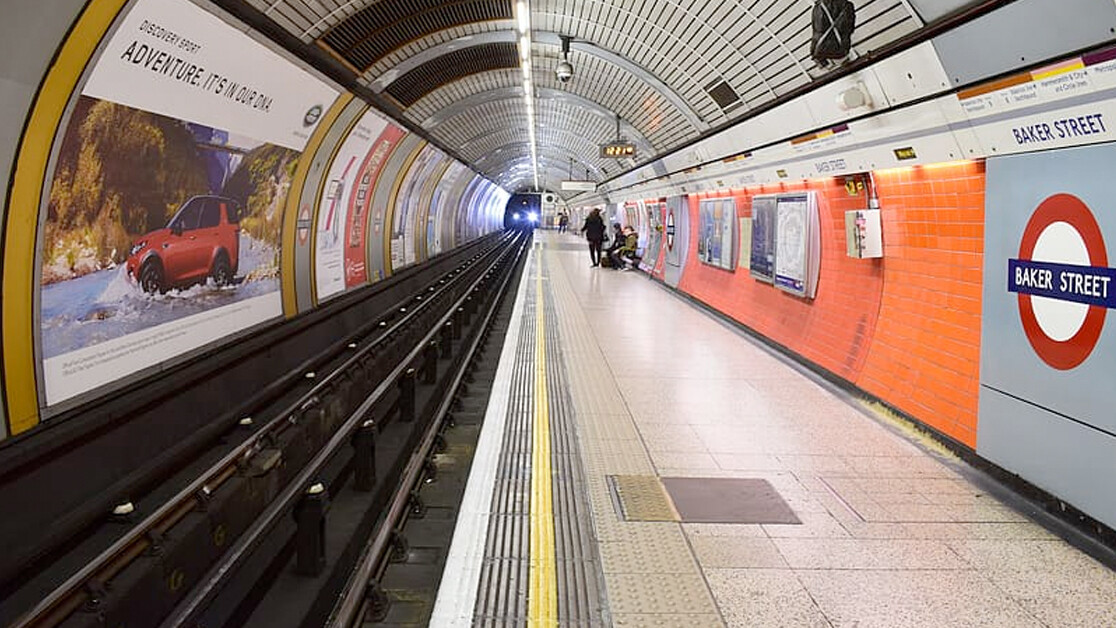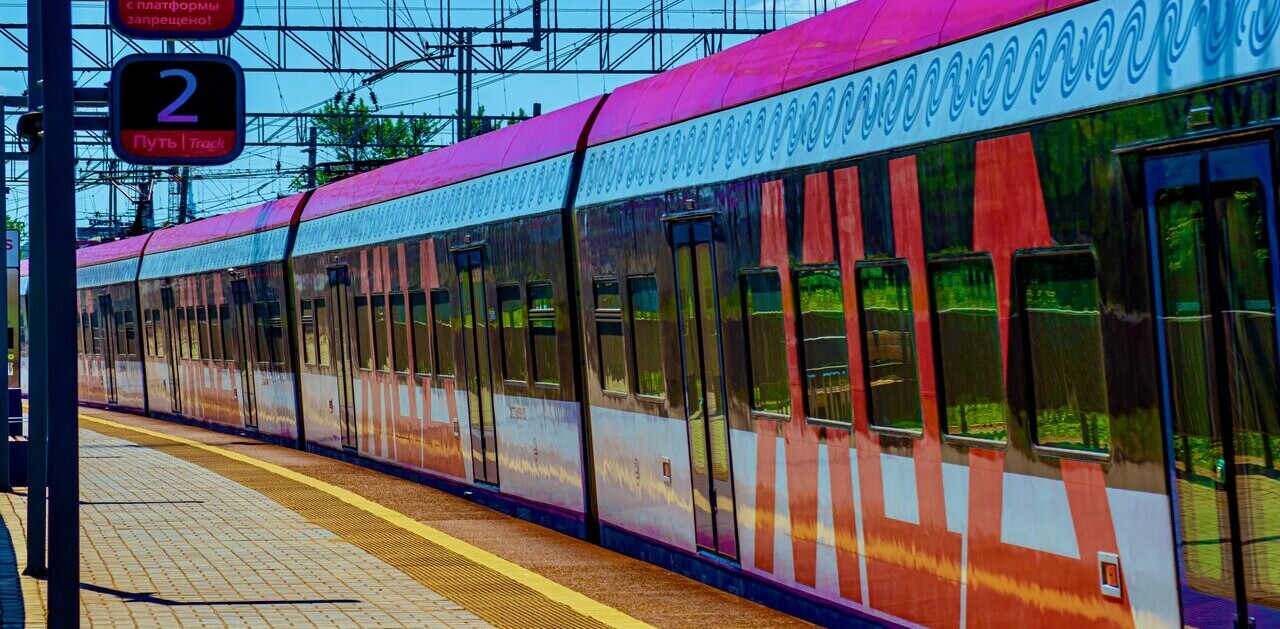This article was originally published by on Cities Today, the leading news platform on urban mobility and innovation, reaching an international audience of city leaders. For the latest updates follow Cities Today on Twitter, Facebook, LinkedIn, Instagram, and YouTube, or sign up for Cities Today News.
The COVID-19 pandemic may have set attitudes to driving versus using public transport back by as much as two decades in the UK, according to research by automotive services group RAC.
For the first time since 2002, fewer than half of drivers (43%) say they would reduce car use, even if train and bus services were improved – down from 57% in 2019.
In its annual Report on Motoring, the firm also found more than half of UK drivers (57%) say having access to a car is more important now than it was before the coronavirus pandemic.
At the same time, almost half of UK drivers reported that their vehicle usage has declined in the past 12 months, with the dramatic rise in the number of people working from home a key factor. A quarter of motorists expect to continue to work from home after the crisis, and 36% believe they will work from home more frequently – even if not all the time – in the post-COVID world.
[Read:
The RAC’s data insight spokesman, Rod Dennis, said: “As cities seek to improve air quality and make urban centers cleaner places, it’s clear that low-cost, efficient alternatives to the car need further thinking and much greater financial investment.”
“Without a concerted effort from government and local councils, the pandemic risks putting efforts to encourage drivers out of their cars for some trips back by years.”
Safety concerns
The report’s findings will cause concern for transport authorities, which are already dealing with the fallout from huge drops in ridership and revenue since the pandemic struck.
While the most common reasons for people feeling they need a car are, like last year, being able to carry heavy items (68%) and staying connected (59%), more than half (54%) say it is because they see cars as a safer form of transport during the COVID-19 pandemic. Over half (52%) say they will use public transport less in the future as a result of the pandemic.
A recent study commissioned by the American Public Transportation Association concluded that there is no direct correlation between public transit use and COVID-19 spread in cities globally, provided people wear masks and trains and buses are well-ventilated.
Sam Schwartz, the former NYC Traffic Commissioner whose transit consulting firm compiled the report, said misinformation about the link between COVID-19 and transit is “appalling.”
UK transport companies have increased cleaning regimes and a mandatory facemask rule has been in place since 15 June. A survey conducted across UK cities in July found high levels of compliance with the law, with 99% of 225 passengers observed on the London Underground found to be wearing face coverings.
The latest Department for Transport data shows that car use has returned to almost 90% of pre-pandemic levels but rail and bus usage remain at around 30% and 60% respectively.
The UK is now in lockdown again until December 2, meaning non-essential businesses are closed and many people continue to work from home.
Get the TNW newsletter
Get the most important tech news in your inbox each week.






